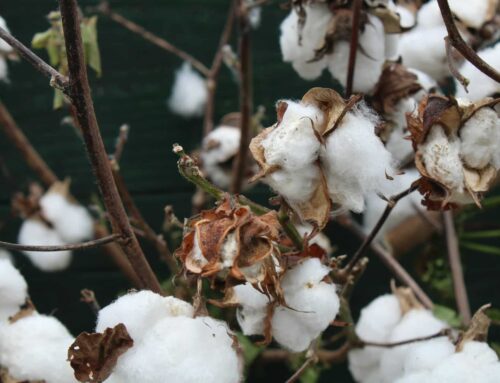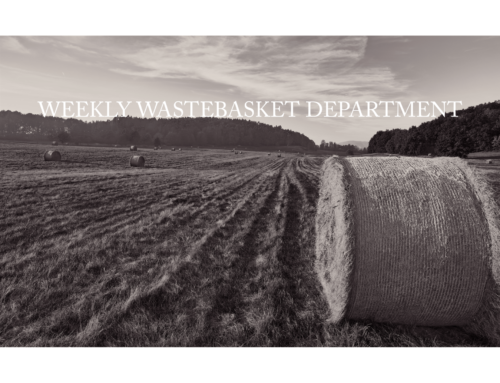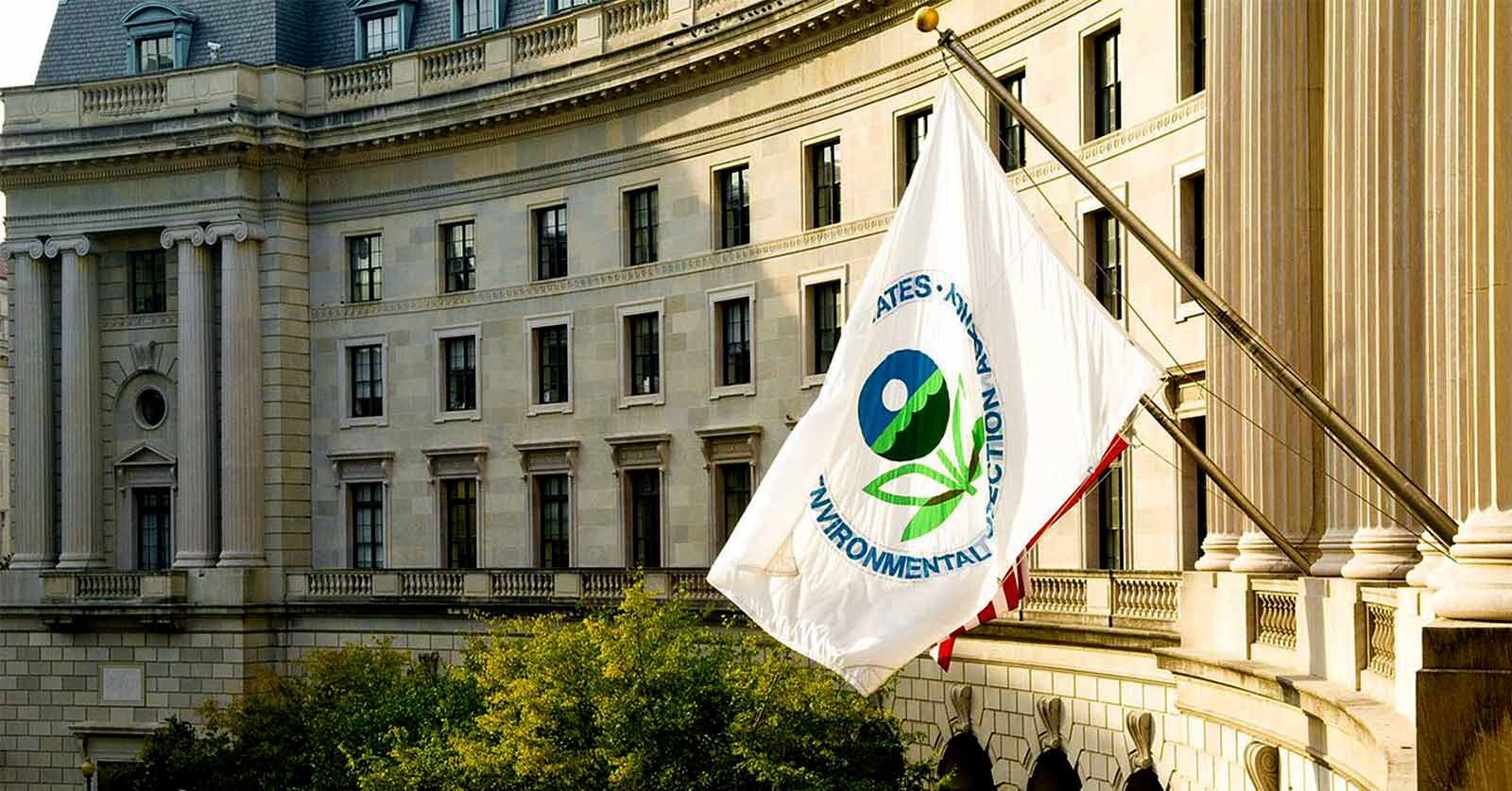Now that Joe Camel has retired, maybe Uncle Sam can also retire from the tobacco business. Congress can take action this week to eliminate taxpayer subsidies for tobacco crop insurance.
The issue isn’t tobacco price supports, which are complicated and (in theory and by law) are supposed to operate at no net cost to taxpayers (that’s an argument for another day). Rather, the issue is tobacco crop insurance, which is simple and clearly subsidized by taxpayers.
Of the 1,600 crops grown in the
Farmers should be free to grow any legal crop they want to. But taxpayers should be free not to subsidize tobacco. After all, tobacco is quite lucrative, yielding average gross receipts of $4,000 per acre in comparison to $200 from an acre of wheat.
That’s why the House will vote this week on an amendment to get the government out of the tobacco business and save taxpayers $34 million a year. Reps. Nita Lowey (D-NY), Diana DeGette (D-CO), James Hansen (R-UT), Martin Meehan (D-MA), and Robert F. Smith (R-WA) will offer an amendment to the 1998 Agriculture Appropriations bill to prohibit the federal government from offering crop insurance or providing crop insurance subsidies for tobacco.
The amendment would neither affect existing government price support programs, nor drive farmers out of business. It would simply require growers of a profitable crop to pay their own premiums on the free market, as must growers of more than 1,500 other crops.
In 1996, the














Get Social